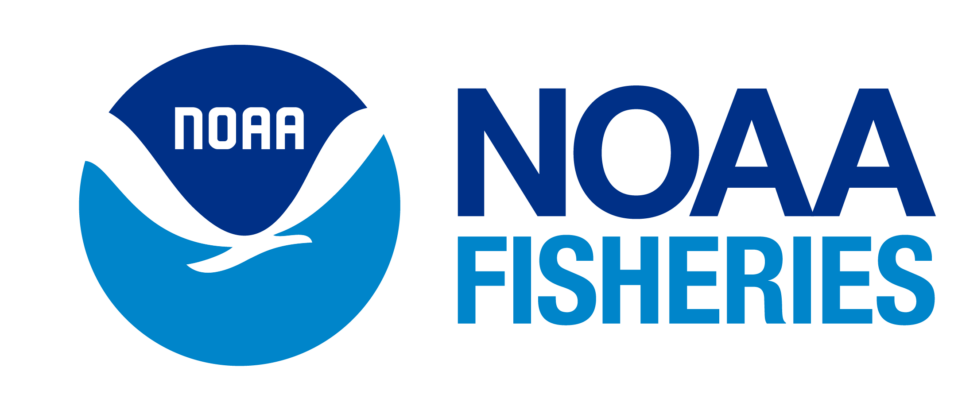In addition to providing a sustainable source of American-raised seafood, aquaculture plays an important role in fisheries restoration.
For the first time since 1983, the United States is releasing an updated National Aquaculture Development Plan. It will strengthen U.S. commitment to food security, climate resilience, and the protection of threatened and endangered marine and freshwater species.
In a changing climate, aquaculture is becoming increasingly important as a climate-smart and healthy means of food production. Seafood farming, if done responsibly—as it is in the United States—is one of the most environmentally sustainable ways to produce healthy food.
In addition to providing a sustainable source of American-raised seafood, aquaculture plays an important role in fisheries restoration. Hatchery-reared fish (seedstock and fingerlings) are released into the wild to help bolster populations of wild marine species. Aquaculture has helped more than 70 endangered or threatened species, including Pacific Salmon, white abalone, and queen conch. In addition, it’s helped restore habitats and mitigate the impacts of climate change.
The National Aquaculture Development Plan
The National Science and Technology Council’s Subcommittee on Aquaculture finalized the draft Overview of the National Aquaculture Development Plan, which was released earlier this year for public comment. It includes three strategic plans.
Two of them, the Strategic Plan to Enhance Regulatory Efficiency in Aquaculture and the National Strategic Plan for Aquaculture Research, were completed and published in 2022. The third plan, the draft Strategic Plan for Aquaculture Economic Development, is now final.
Together these four documents comprise an updated National Aquaculture Development Plan that provides a holistic framework describing how federal agencies are advancing the contributions of aquaculture to support public health and nutrition, resilient communities, a strong economy, and a healthy planet.
Working Across Agencies on the Subcommittee for Aquaculture
The Subcommittee on Aquaculture serves as the federal interagency coordinating group to increase the overall effectiveness and productivity of Federal aquaculture research, regulation, technology transfer, and assistance programs.
The Subcommittee on Aquaculture’s Economic Development task force includes partner agencies from:
- U.S. Department of Agriculture
- Department of Commerce
- U.S. Fish and Wildlife Service
- Food and Drug Administration
- Environmental Protection Agency
Learn more about the Subcommittee on Aquaculture and NOAA Fisheries Office of Aquaculture.



Recent Comments